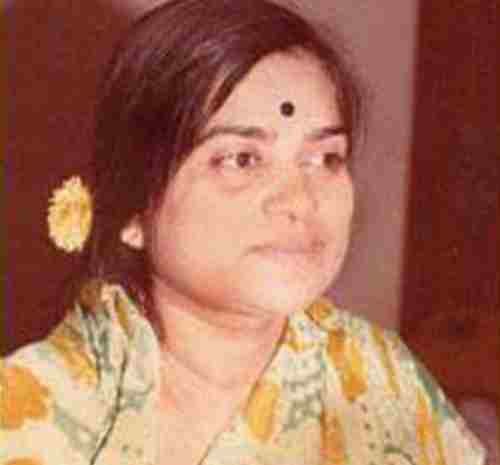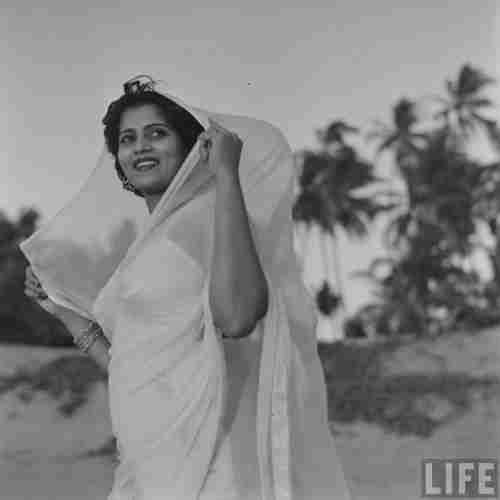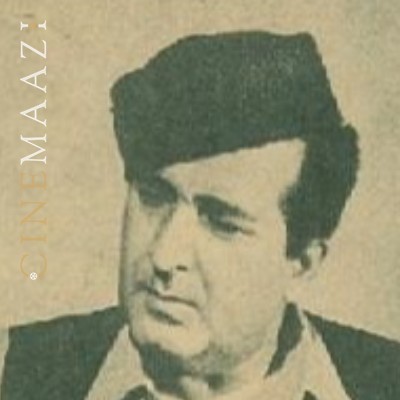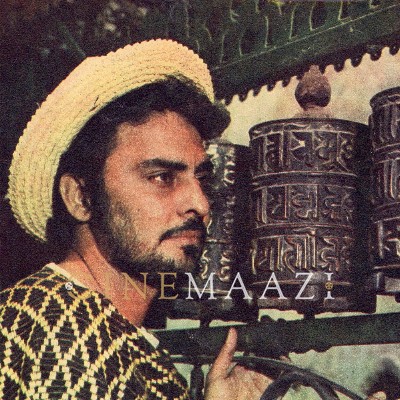G R Kamat
Subscribe to read full article
This section is for paid subscribers only. Our subscription is only $37/- for one full year.
You get unlimited access to all paid section and features on the website with this subscription.
Not ready for a full subscription?
You can access this article for $2 , and have it saved to your account for one year.
- Real Name: Gajanan Ramchandra Kamat
- Born: 12 March, 1923 (Chira, Maharashtra)
- Died: 6 October 2015
- Primary Cinema: Marathi
- Parents: Seetabai
- Spouse: Rekha
Gajanan Ramchandra Kamat was born in an impoverished farmer family at Chira village in the Kolaba district of Maharashtra. He lost his mother Seetabai when he was just two years old. His father married again and it was his stepmother who reared him. He studied at the local Alibag school till Class Seven. After that he shifted to Bombay. After his Matriculation he joined the Ramnarain Ruia College where he was influenced by his professors N R Phatak and Sonopant Dandekar.
During this period, he also befriended literary personalities such as M V Rajadhyaksha, P Bhagwat and Ram Patwardhan. In 1945, Bhagwat offered him the assistant editorship of Mauj and Satyakatha, two of the most popular literary magazines of the time. Kamat also spent some time with the daily newspaper Navakaal, edited by pioneering Marathi journalist Neelkanth Khadilkar (son of the noted Marathi playwright Krishnaji Prabhakar Khadilkar).
The noted litterateur G D Madgulkar once asked him if he had story ideas for Marathi films. The idea for Pedgaonche Shahane (1952), directed by and starring Raja Paranjape, originated from here. His next film for Paranjape was Lakhachi Gosht (1953), during the filming of which he met and married the film’s leading lady Rekha. Kamat went on to script several films for Raja Paranjape, Raja Thakur and Rajdutt.
In 1966 he decided to concentrate on Hindi films though he worked on some Marathi films intermittently. In Hindi cinema, he enjoyed a prolific career, writing screenplays for films like Kala Pani (1958), Bombai Ka Babu (1960), Do Badan (1966), Do Raaste (1969), Mera Gaon Mera Desh (1971), Do Chor (1972), Kuchhe Dhaage (1973), Main Tulsi Tere Aangan Ki (1978), Do Premee (1980), Teri Maang Sitaron Se Bhar Doon (1982) among others. He had already begun to script for Raj Khosla with Kala Pani (1958) and worked with him on all his films till the early 1980s. In 1982 he called it a day after Shaapit (Marathi) and Teri Maang Sitaron Se Bhar Doon (Hindi) though he continued to be consulted by younger directors like Jyotin Goel (Inaam Das Hazaar and Zahreelay).











.jpg)



